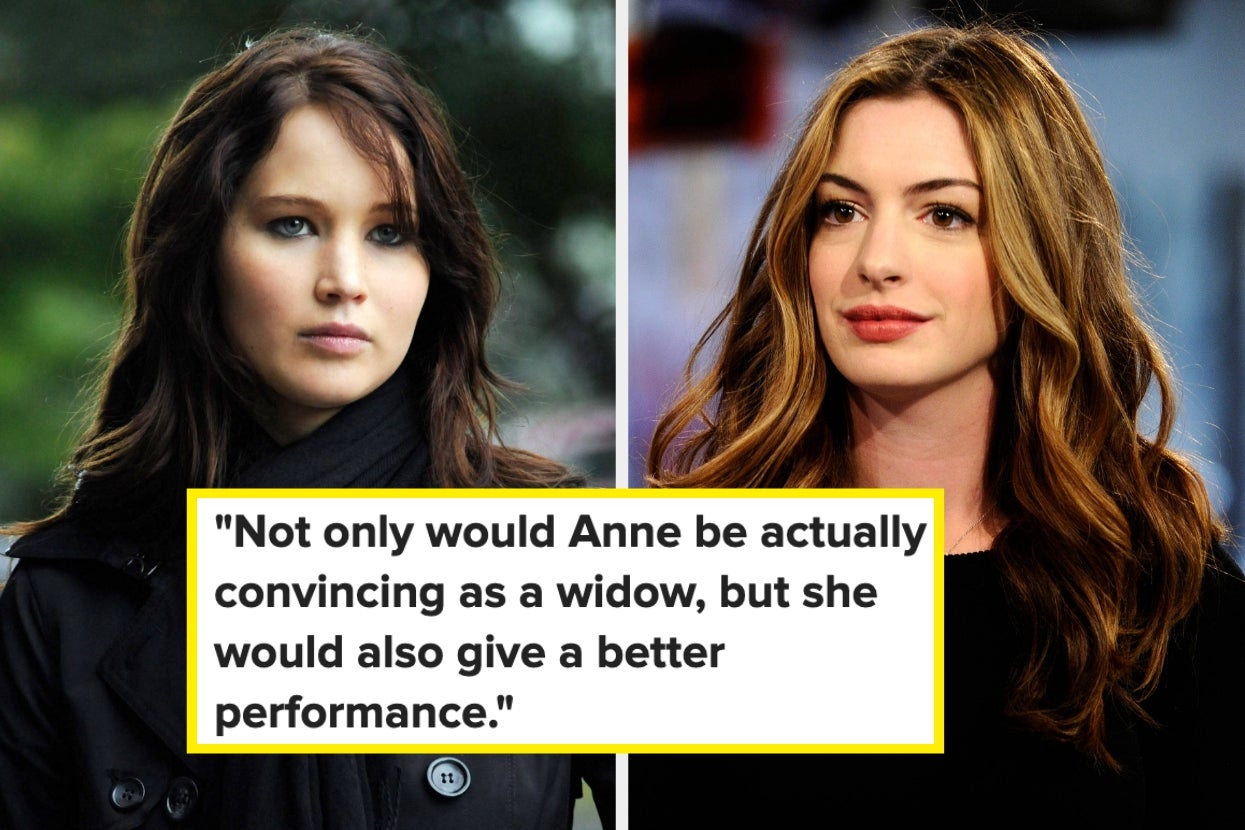 Katharine Jefferts Schori, presiding bishop of the Episcopal Church, surmises that, at least in non-western cultures, assumptions about males' authority over females contribute to concerns about homosexuality:
Katharine Jefferts Schori, presiding bishop of the Episcopal Church, surmises that, at least in non-western cultures, assumptions about males' authority over females contribute to concerns about homosexuality:The most intriguing conversation I had [when Anglican primates met recently] in Alexandria [in Egypt] was with a primate who asked how same-sex couples partition "roles." He literally asked if one was identified as the wife and one as the husband, and then wanted to know which one promised to obey the other in the marriage ceremony. Several of us explained that marriage in the West is most often understood as a partnership of equals, and has been for some time.
Those of you with a few more years on you may remember that the marriage service in the 1928 (and earlier versions) of the Book of Common Prayer did indeed have language about the wife obeying her husband. It's pertinent here to note that the 1662 English Book of Common Prayer is still the norm in many provinces of the Anglican Communion, and it uses the same kind of language about obeying in the marriage service.
As I traveled from the airport to the hotel where we met, I noticed that almost every woman on the street past childhood was veiled, with at least her hair covered with a scarf, and in a not-small number of cases, covered head to toe in a long, flowing garment. I even observed a couple of women whose coverings were so thorough that I couldn't even see a slit for their eyes -- the fabric must have been thin enough for them to see through, but not for others to see in. The hotel had only a handful of female employees, mostly professional women who worked behind the desk. Only a couple of them wore no scarf.
The striking thing was that the meeting room where the primates' deliberations took place, the hotel's largest and principal conference room, was bedecked with several large paintings of half-naked women. It was a space that, in normal circumstances, apparently was used only by men. I found it striking that public expectations of women are modest dress and covering, yet there is evidently a rather different attitude toward men's entertainment.
These complex and conflicting gender expectations have something significant to do with attitudes there and in other parts of the world toward male homosexuality. The greatest difficulty in many cultures, including parts of North American society, is the perception that one of the partners in such a union must be acting like a woman -- and that is most definitely not a socially desirable status!








No comments:
Post a Comment